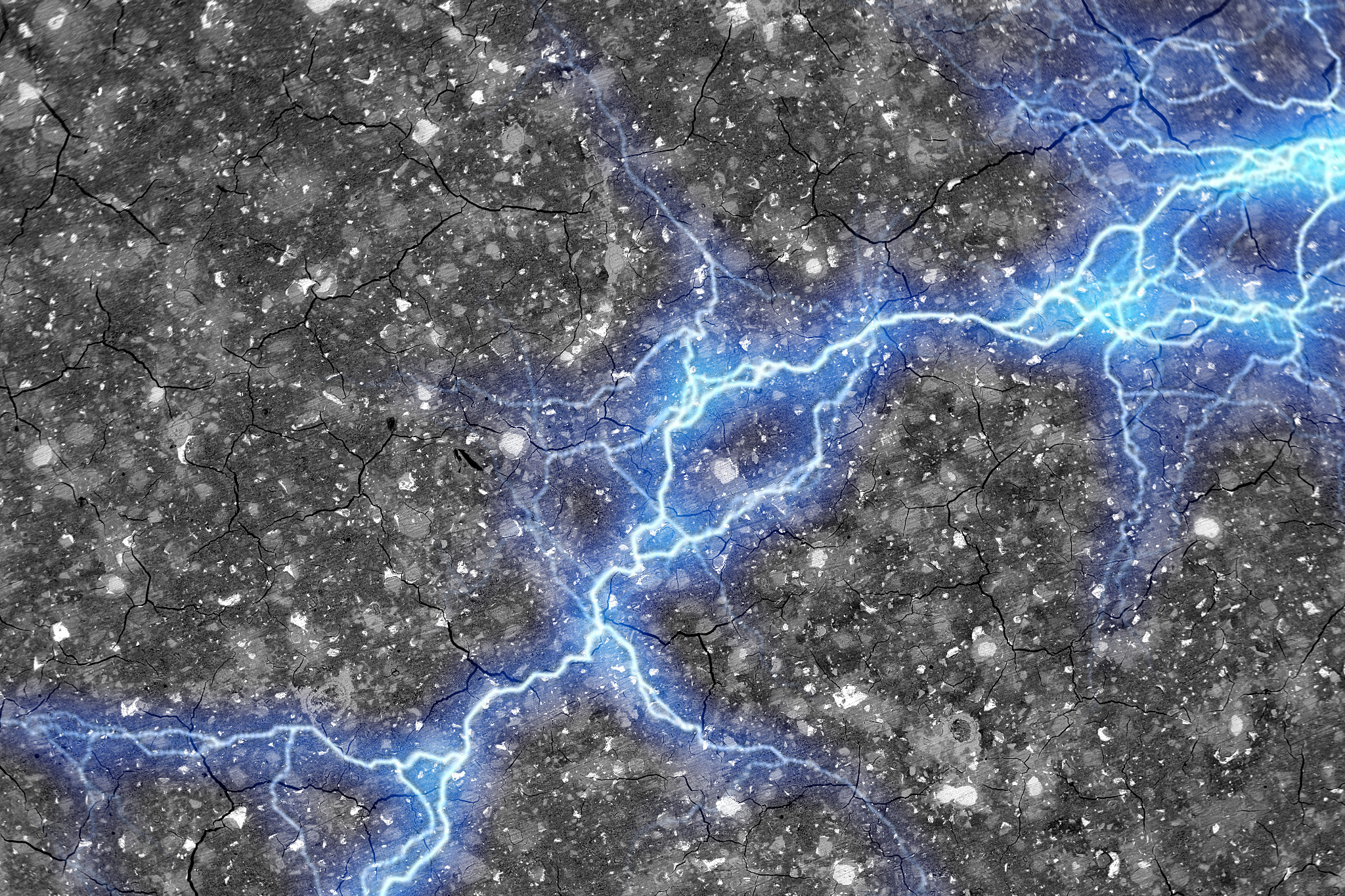A 2023 study at MIT made this discovery, which could be a boon for storing electricity.
The team calculated that a block of nanocarbon-black-doped concrete that is 45 cubic meters (or yards) in size — equivalent to a cube about 3.5 meters across — would have enough capacity to store about 10 kilowatt-hours of energy, which is considered the average daily electricity usage for a household.
3.5 cubic meters of material ought to be enough to make quite a comfy house
There is a tradeoff between the storage capacity of the material and its structural strength, they found. By adding more carbon black, the resulting supercapacitor can store more energy, but the concrete is slightly weaker, and this could be useful for applications where the concrete is not playing a structural role or where the full strength-potential of concrete is not required.
They talk about making roads with the material, but I suspect electrical posts (utility poles) could also be made of this, which would certainly last much longer than roads and be cheaper to maintain and fix



Because of the cement used to make the concrete yes. The cement accounts for most of the environmental impact of concrete. But doesn’t account for the impact by destruction of habitat from extracting the sand and rock (and water for that matter).
The cement industry as a whole is responsible for about 10% of all the human released CO2.
There is a Wikipedia page about it if you are interested:
https://en.wikipedia.org/wiki/Environmental_impact_of_concrete